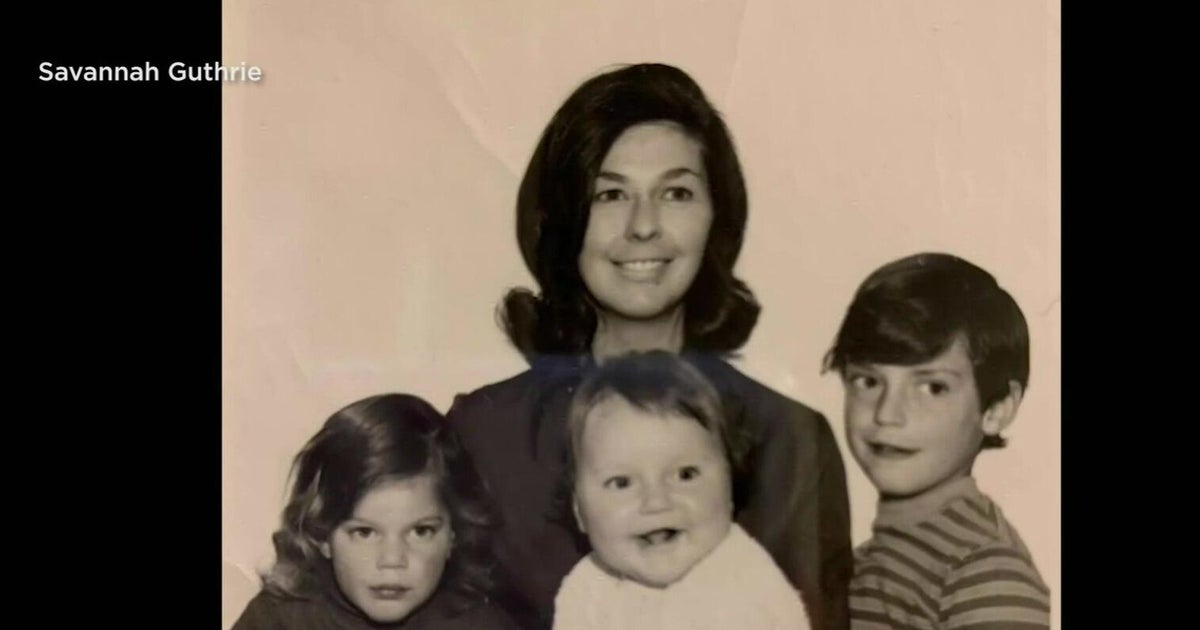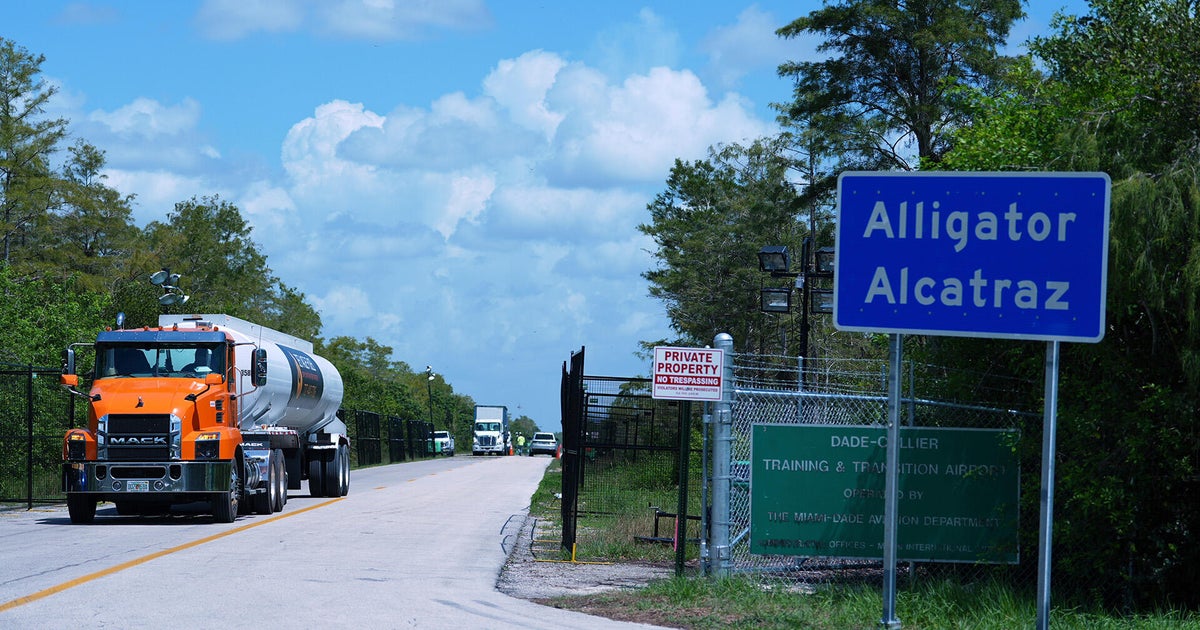A record-breaking seaweed bloom is threatening to sour beachgoers’ plans across South Florida as thick mats of sargassum continue to wash ashore, bringing foul smells, murky water and frustration to coastal communities.
Seaweed turning tourists away
“It brings a lot of animals from the sea and when they get here, it’s rotten, so the smell is really bad,” said Maria Rioscco, who frequently visits Hobie Island Beach Park with her husband. But this week, the mounting piles of seaweed along Key Biscayne have kept them away.
Sandra Artiles, who lives in Brickell, said the problem is just as bad inland.
“We have all this seaweed every day. Actually, we used to have an alligator after the seaweed had been sitting there for days and the smell is horrible. We cannot be by the pool — that’s why we’re here at the beach now. And here we come and there’s all this seaweed,” Artiles said.
Scientists warn of more to come
Dr. Chuanmin Hu, professor of Oceanography at the University of South Florida, said 13 million metric tons of sargassum were measured in April across the tropical Atlantic and eastern Caribbean — a figure signaling what could be one of the largest influxes yet.
“It could be a large amount in late June or July, but it’s too early to predict,” Hu said.
He noted the exact cause of the bloom is still unknown, though warmer ocean temperatures and stronger winds may be contributing factors. While fresh seaweed poses little risk, rotting sargassum can harbor bacteria and attract insects.
“The rotten sargassum will attract insects just like anything rotten will attract insects and grow bacteria. That’s why you want to avoid that,” Hu said.
“That is bad. The water quality is bad and you don’t want to swim or dive in that brownish water,” he added.
Residents call for action
Some residents are calling on local officials to address the growing problem.
“I really hope that we can establish some program to clean it up,” said Artiles.
“I don’t see why they can’t clean the beaches. We do pay enough money for that,” Rioscco said.
CBS News Miami has reached out to Miami-Dade County officials for comment but has not yet received a response.



